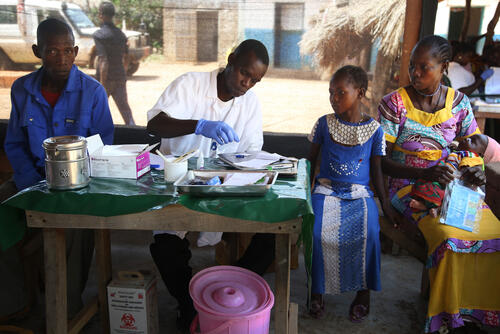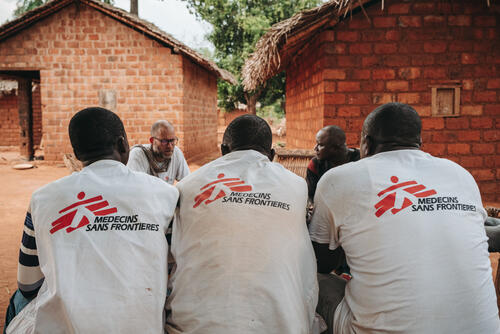Since the civil war of 2013, CAR has been marked by cycles of intensive violence. Fighting between the government and non-state armed groups, spurred by an election process, escalated in early 2021.
MSF sees the direct consequences of violence on the health of individuals and entire communities. There is a severe lack of access to healthcare; trained health workers are scarce, health services are poorly resourced and often targeted by the conflict; and patients need to travel hundreds of kilometres on dangerous roads to reach medical structures.
In CAR, we focus on treating victims and survivors of sexual violence; provide sexual and reproductive healthcare, including maternal healthcare; and provide treatment to people living with HIV.
Our activities in 2023 in Central African Republic
Data and information from the International Activity Report 2023.
2,499
2,499
70.6 M€
70.6M
1997
1997
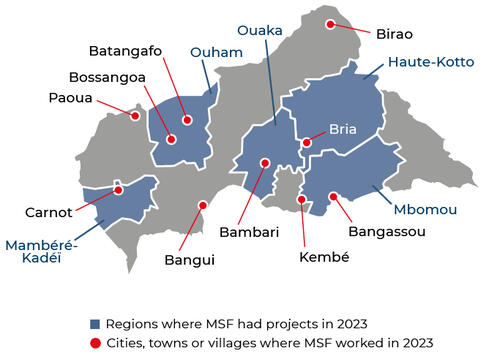

725,700
725,7
10,600
10,6
9,230
9,23

6,030
6,03
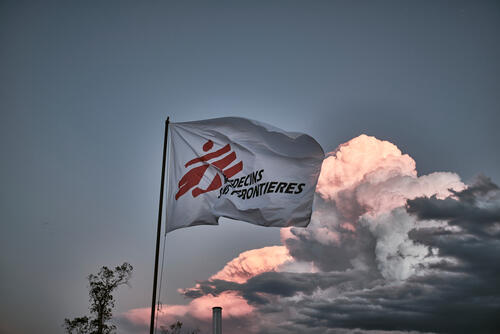
La recrudescence des attaques contre le personnel et les patients à Batangafo menace la continuité des soins de santé
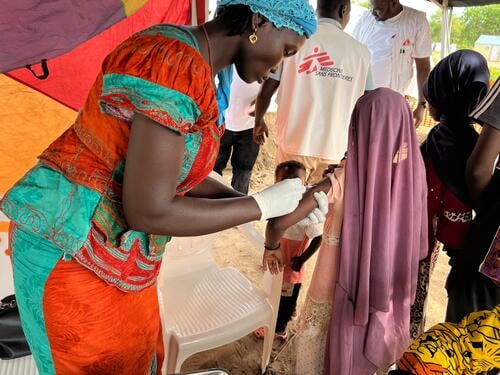
MSF vaccine des milliers d'enfants après l'arrivée de réfugiés du Soudan

RCA : « Les réfugiés arrivent tous épuisés du Soudan et beaucoup d’enfants sont malades »
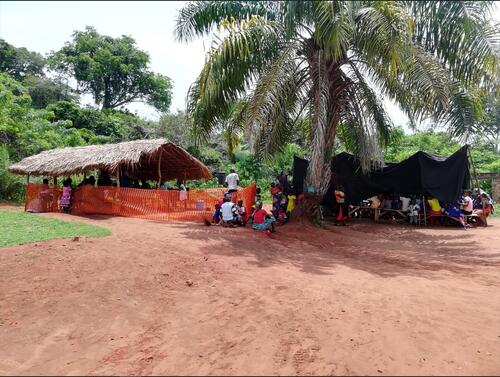
Défis et réussites d'une vaccination massive des enfants dans une zone reculée
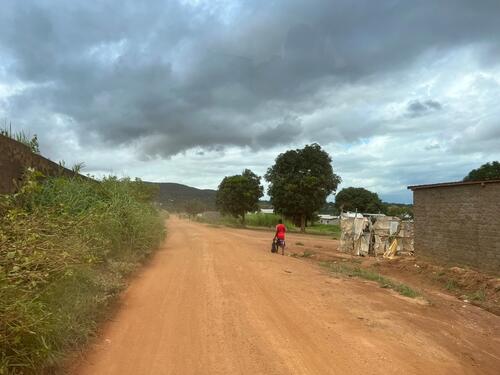
MSF appelle à une assistance accrue pour les survivant.e.s de violences sexuelles en RCA au-delà du traitement médical et psychologique
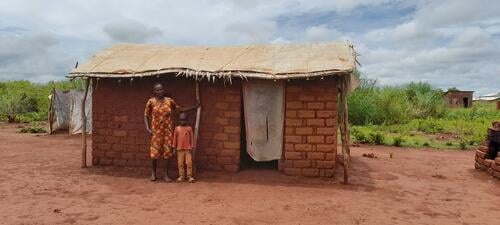
Un retour difficile pour les personnes déplacées après des années de conflit à Bria
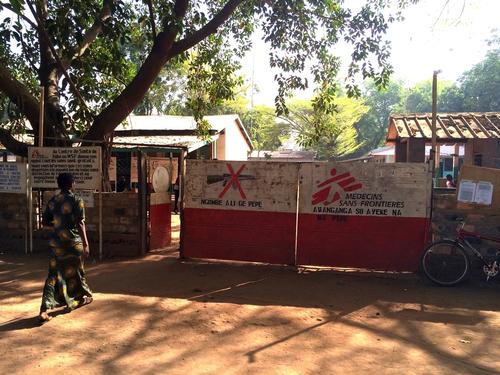
Après 16 ans de soutien, MSF transfère la gestion de l’hôpital de Kabo au Ministère de la Santé et de la Population
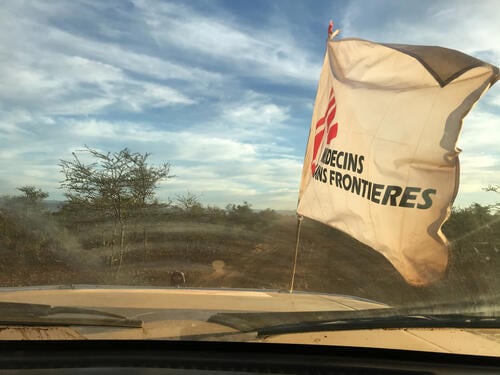
MSF condamne le meurtre d’un collègue à République Centrafricaine
